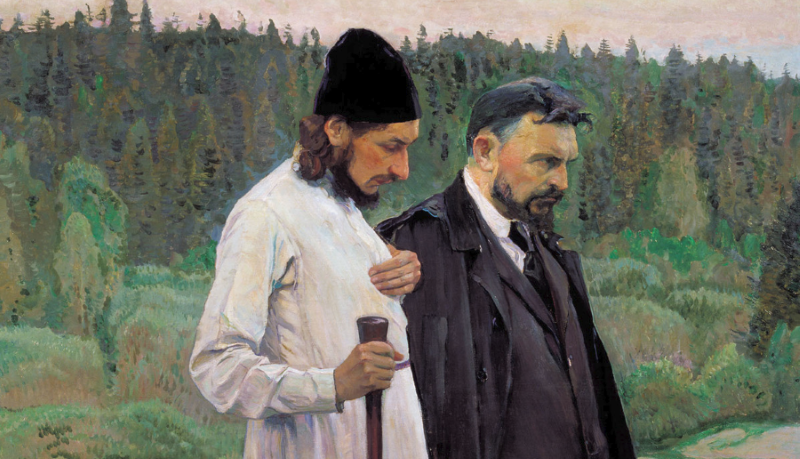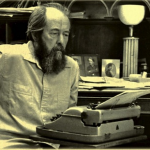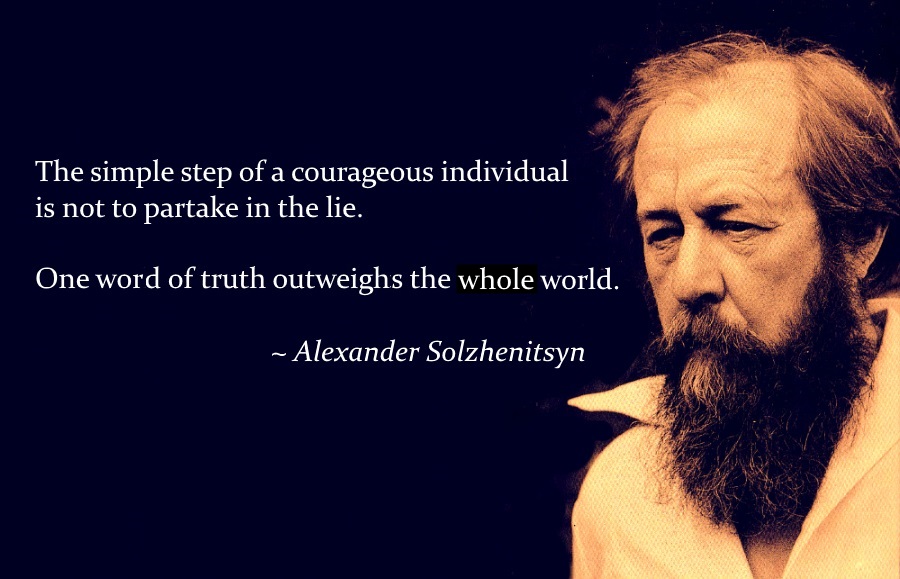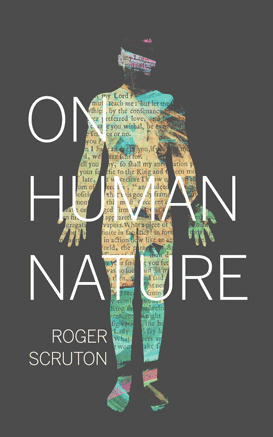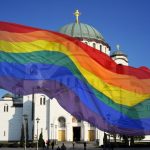
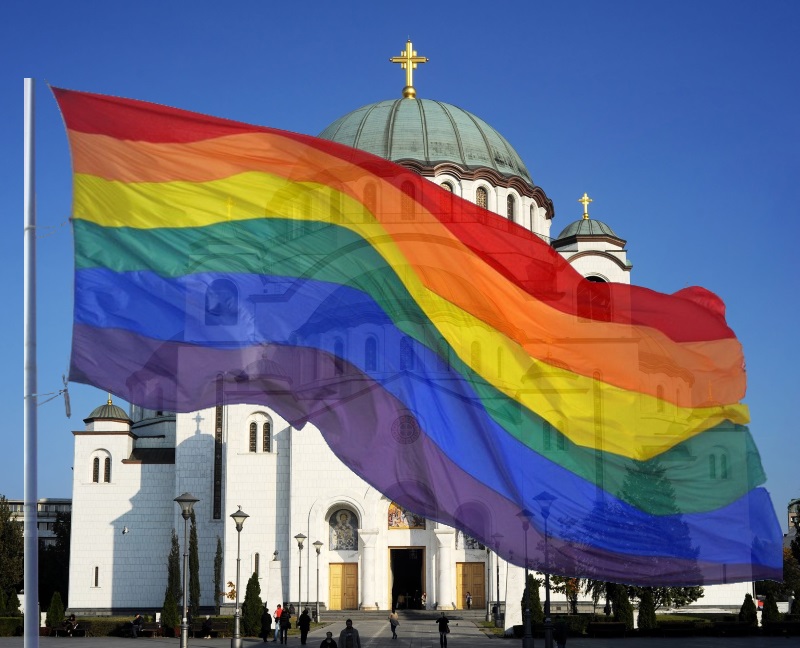
By Fr. Johannes L. Jacobse
The recent meeting in Amsterdam by various academics, one bishop, seminary faculty, priests and others (names listed below) to “to reflect on a wide range of matters concerning human sexuality” was ostensibly “not monolithic” in opinions about sexuality according to one participant. No doubt that is true given the range of participants but it is far from informative.
More instructive is that only a few of the participants have any substantive experience or training in pastoral theology. Why is this important? Because many of the ideas most likely bandied about in the symposium have grave pastoral ramifications. Ideas are one thing. The effects that the ideas have once they are adopted are another thing altogether.
So why did they meet? It’s a fair question to ask because some of the participants draw their ideas from the left wing of the dominant political culture rather than Orthodox tradition (more on this below). Secondly, since the participants listed the institutions with which they are affiliated, those institutions lent their authority to the symposium whether they intended to or not.
Academics are free to call any symposium they want to but are they are not free to invoke the imprimatur of the institutions they represent, particularly as an afterthought and especially when they lack expertise in the subjects discussed. They abuse their authority when they do.
Many of the academics are associated with St. Vladimir’s Orthodox Theological Seminary (SVS). They include:
- Fr. Michael Bakker
- Fr. John Behr
- Fr. John Jillions (adjunct, Chancellor of the Orthodox Church in America)
- Fr. Philip LeMasters (adjunct)
- Gayle Woloschak (adjunct)
This is a strong showing by SVS faculty, some of whom work with organizations that hold views on sexuality inimical to Orthodox moral teaching. Gayle Woloschak for example serves on the advisory board of The Wheel, an online journal populated with homosexual apologists, gay “marriage” activists, and more. Woloschak is free to associate with anyone she pleases and The Wheel is free to publish anything it wants. SVS however, is not free to associate its name and reputation with the the self-styled “reformers” at The Wheel and their social justice activism.
Other participants included Aristotle Papanikolaou who along with George E. Demacopoulos edits Public Orthodoxy, another online journal that publishes occasional articles that undermine Orthodox moral teaching. In a recent issue Public Orthodoxy published “Conjugal Friendship” by defrocked priest and homosexual Peter J. (Giacomo) Sanfilippo that argued that the Orthodox moral tradition implicitly sanctions sanctions homosexual activity and homosexual “marriage.”
Like The Wheel, the editors of Public Orthodoxy are free to publish anything they want. They are not free to represent the journal as Orthodox when it publishes essays such as Sanfilippo’s. St. Vladimir’s Seminary has a close association with Papanikolaou and Democopoulos through the work of the Orthodox Christian Studies Center at Fordham University where both men teach.
Fr. John Jillions’ participation is dicier because even though he is the Chancellor of the OCA, he represented himself as a member of the SVS faculty. He is also on the record as sympathetic to secular political definitions of homosexuality. This is one reason why he failed to anticipate the outcry over Fr. Robert Arida’s essay “Never Changing Gospel, Ever Changing Culture” a few years back on the OCA youth blog that made a (laborious) case for sanctioning sodomy. Reaction was swift especially by priests and the essay was quickly removed but he offered no explanation why it was posted in the first place.
Not all participants at the symposium hold to a secular reading of the homosexual condition of course, but it should be clear to any informed observer that the long-term ramifications of homosexual behavior for both the individual and the Church are more than what The Wheel or Public Orthodoxy think that they are. The folks at The Wheel draw their ideas exclusively from the secular left. They argue using the language of identity politics. The folks at Public Orthodoxy take a different approach. They teach that only the dogma of the Church (theological statements about the nature and character of the Trinity and Jesus Christ) is unchangeable. The moral teachings on the other hand are culturally conditioned and therefore relative.
The homosexual issue arises in Orthodoxy because folks at publications like The Wheel and Public Orthodoxy make it one. They have a very poor grasp of why the the moral tradition prohibits the behaviors in the first place. They lack pastoral training and concrete pastoral experience and either don’t see or refuse to see that homosexuality distorts authentic manhood. Men are not created to engage sexually with other men. Doing so retards the development and can even destroy the masculine self-identity necessary for healthy and mature manhood.
The activists are captive to the primary moral assertion of identity politics that states if a person has been abused for being homosexual, then we must submit to the claim that homosexual behavior is morally acceptable without any criticism or dissent. The Orthodox moral tradition makes no such claim. No one should be abused for being homosexual but homosexual behavior is nonetheless prohibited because it inflicts harm to the soul of the person engaged in it.
There is also a deeper anthropological shift taking place. Homosexual ideology argues that homosexual desire is innate, part of a person’s created being. Put simply, if a person experiences homosexual desire, that desire ought to considered good and true and given by God. Homosexual desire is seen as part of our human identity, and not as a passion or sinful desire, or an occasion for struggle as all other sinful desires are. If homosexual desire is part of created identity (“God made me gay”), then there is no reason to help the person struggling with same-sex desire and ultimately no rationale by which he can be helped.
On a Church wide level the shift is more ominous. If we sanction homosexual behavior in the Church as normative (as blessed by God), then the Church becomes emasculated. Healthy men don’t want anything to do with it and they will leave. This is why the mainstream Protestant and Episcopalian churches collapsed after they became homosexualized.
Does SVS President Fr. Chad Hatfield understand that when seminary professors lend their credentials to views inimical to the moral tradition that they confer the moral authority of the seminary to those views? Does the SVS Board of Directors? Do Metropolitan ZACHARIAH Mar Nicholovos, or His Grace, The Right Reverend DAVID, or Metropolitan JOSEPH who serve on that board? Certainly they must because they are men of the tradition. Do they want the seminary associated with the kind of social justice activism that The Wheel and Public Orthodoxy promote? Are they aware that the seminary appears to be complicit, even unwittingly, with attempts to drag the American culture wars into American Orthodoxy?
Orthodox polity is conciliar and the locus of conciliarity is the Synod of Bishops. The OCA bishops appear reluctant to address the growing conflict about homosexuality (Fr. Arida for example has never been publicly reprimanded). If they do not assert their leadership, then the issue will be decided for them. The secular juggernaut is powerful and it will swallow emasculated Orthodox men as easily as it swallowed emasculated Protestants and Episcopalians.
Orthodox practice is local and occurs in each parish. Priests are the people who deal with the real problems caused by the deleterious ideas that some participants in the conference hold and promote. Priests who understand the dynamics behind homosexual desire and who comprehend human anthropology as it is handed to us, can instruct and guide a person struggling with same-sex desire. We don’t need or want the fanciful locutions of those who market ideas but have no real experience with the ramifications that their ideas unleash.
Given the consternation and confusion promulgated by the Amsterdam Symposium, several things need to happen.
- SVS President Fr. Chad Hatfield needs to clarify if the seminary knew about the meeting and condoned participation in it. Is he aware of the symposium’s content, aims and objectives?
- Given Fr. John Behr’s prominence at the seminary and his international reputation, he should publish a record of his participation in the symposium and clarify its purpose and goals.
- The SVS Board of Directors should publish a statement to clarify the seminary’s position on Orthodox anthropology and marriage givens the strong representation of SVS faculty at the symposium.
- The bishops of the participants attending the symposium should clarify if they gave their blessing to hold and attend the meeting.
- Met. Tikhon of the OCA should clarify if the participation of the OCA Chancellor Fr. John Jillions met with his approval and blessing.
When academics swim in waters outside of their specialty, others are enticed to swim with them and the weaker drown. That’s why the Church needs to correct these abuses of authority.

The participants included:
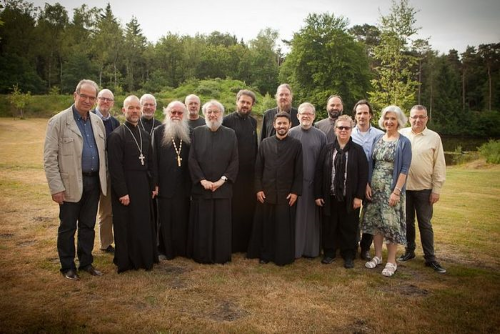
- Bishop Maxim (Vasiljevic) of Western America (Serbian Orthodox Church)
- Nikolaos Asproulis (Volos Academy)
- Fr. Michael Bakker (ACOT)
- Fr. John Behr (St. Vladimir’s Orthodox Theological Seminary, ACOT)
- Brandon Gallaher (University of Exeter)
- Edith Humphrey (Pittsburgh Theological Seminary)
- Fr. John Jillions (SVOTS)
- Pantelis Kalaitzidis, (Volos Academy)
- Fr. Philip LeMasters (McMurry University, SVOTS)
- Fr. Joan Lena (ACOT)
- Fr. Andrew Louth (Emeritus Durham University, ACOT)
- Fr. Nicolae Mosoiu (Lucian Blaga University of Sibiu)
- Aristotle Papanikolaou (Fordham University)
- Fr. Vasileios Thermos (University of Athens)
- Gayle Woloschak (Northwestern University, SVOTS)
